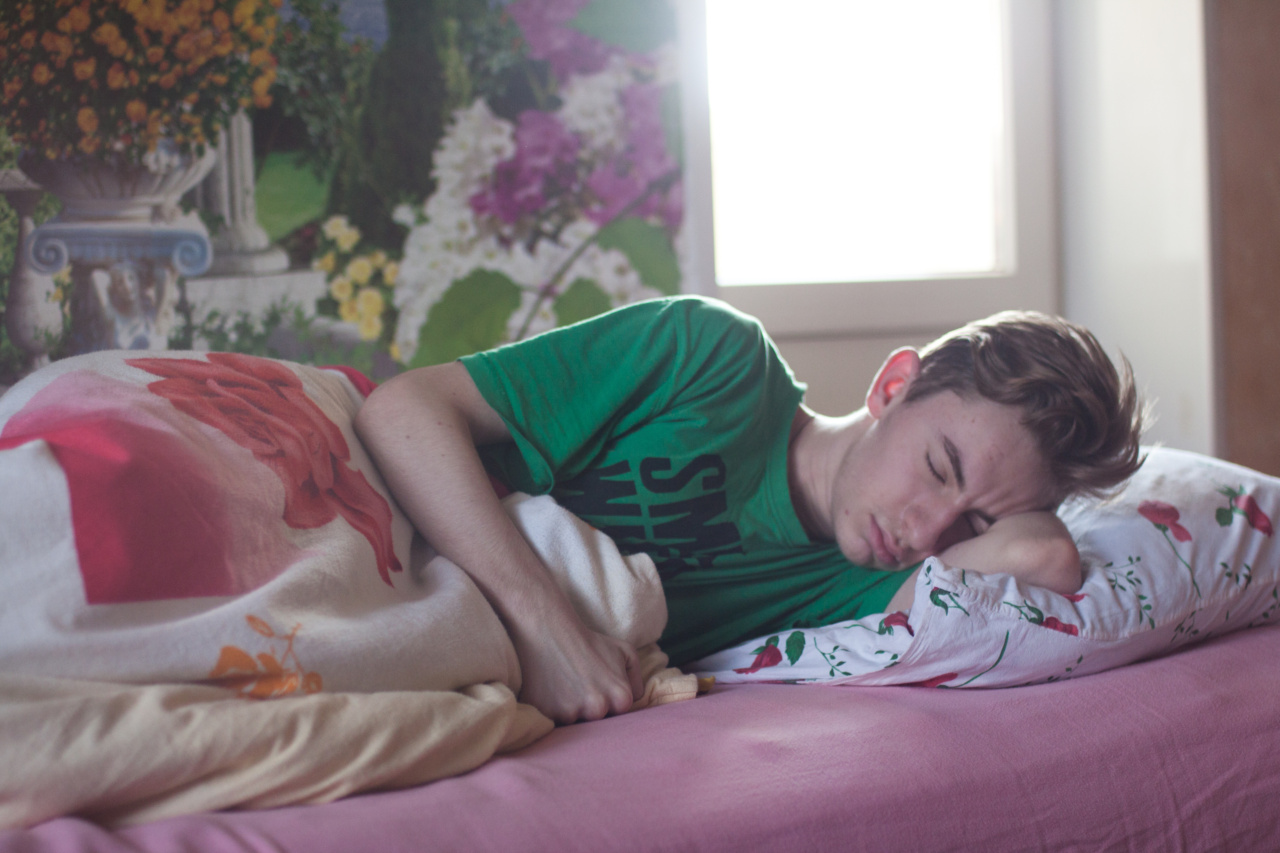Sleep is as vital to our health as is a nutritious diet and an active lifestyle. Insufficient sleep affects our physical and mental health, and recent studies have shown that it may lead to obesity, especially in teenagers.
Nowadays, teenagers have so many distractions such as social media, academic pressures, and extracurricular activities that keep them up all night. Sometimes, it’s also because they don’t prioritize sleep enough. Let’s discuss the impact of inadequate sleep on teenagers and how it may lead to obesity.
Teenage Sleep Pattern
Teenagers require approximately 9-10 hours of sleep every night. However, a lot of teenagers tend to get much less sleep due to varying reasons. It’s important to understand that teenagers have a different sleep pattern than adults.
Teenagers’ internal clocks are geared towards staying up late and sleeping late, which is different from children and adults’ sleep tendencies. Studies have shown that teenager’s circadian rhythms don’t start until 11 p.m. and often end around 8 a.m. Due to their internal clocks, teenagers are more likely to feel alert late into the night and, therefore, tend to sleep late.
Unfortunately, school schedules often don’t match their preferred sleep habits.
Impact of Inadequate Sleep
Inadequate sleep has several negative effects on teenagers. It can cause them to feel more irritable, anxious, and depressed. Also, poor sleep affects a teenager’s attention span, learning, memory, and overall academic performance.
Furthermore, it’s also linked to a higher risk of accidents, substance abuse, and suicide.
How Sleep Affects Obesity
Recent research has shown that inadequate sleep contributes to obesity. Sleep helps regulate hunger and satiety. For example, hormones like leptin and ghrelin are controlled by sleep.
Leptin is responsible for regulating appetite and metabolism, while ghrelin stimulates appetite. It’s been found that a lack of sleep results in an increase in ghrelin and a decrease in leptin production, which causes hunger and cravings, leading to overeating.
Along with this, a lack of sleep causes stress on the body, causing it to produce more cortisol, which is linked to weight gain.
The Connection Between Sleep and Junk Food
Inadequate sleep not only affects hormones but also impacts food choices. Lack of sleep causes the reward centers of the brain to become more active and, in turn, seek more rewarding foods.
Generally, these are high-calorie foods like pizza, burgers, soda, and fries. In a recent study, it was found that teenagers who slept less than 6 hours a night consumed more sugary drinks than those who slept more than eight hours per night.
Ways to Improve Sleep in Teenagers
Teenagers can take several measures to get better sleep:.
- Set a consistent sleep schedule, even on weekends.
- Avoid caffeine and energy drinks in the afternoon and evening.
- Avoid screen time (TV, phone, computers) at least an hour before sleep.
- Create a conducive sleep environment with minimal noise and lights.
- Ensure a comfortable sleeping surface with compatible pillow and mattress.
Conclusion
Inadequate sleep in teenagers can lead to numerous health problems, including obesity. It’s essential to prioritize adequate sleep to ensure that teenagers grow up healthy, both physically and mentally.
Poor sleep affects a teenager’s daily function, performance at school, and overall well-being. As parents, we need to emphasize the importance of sleep hygiene and facilitate a healthy sleep schedule to ensure our teenagers are well-rested and maintain a healthy weight.



























